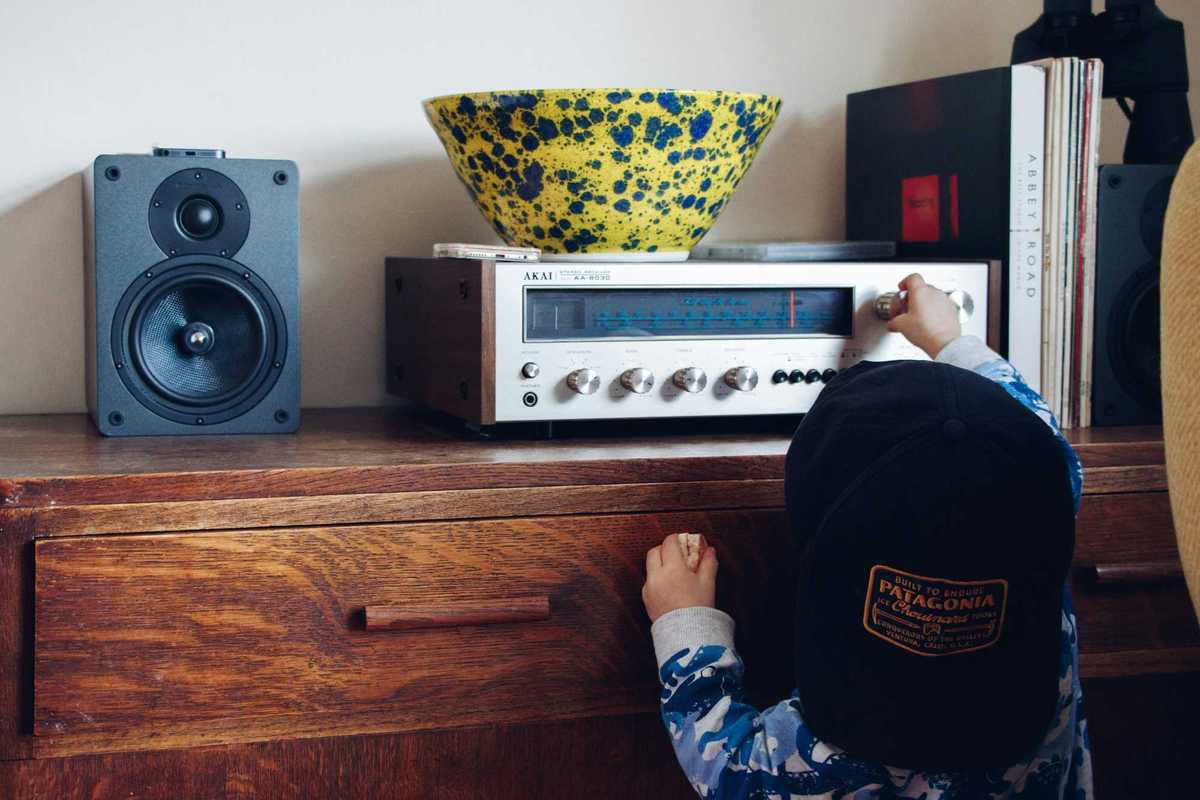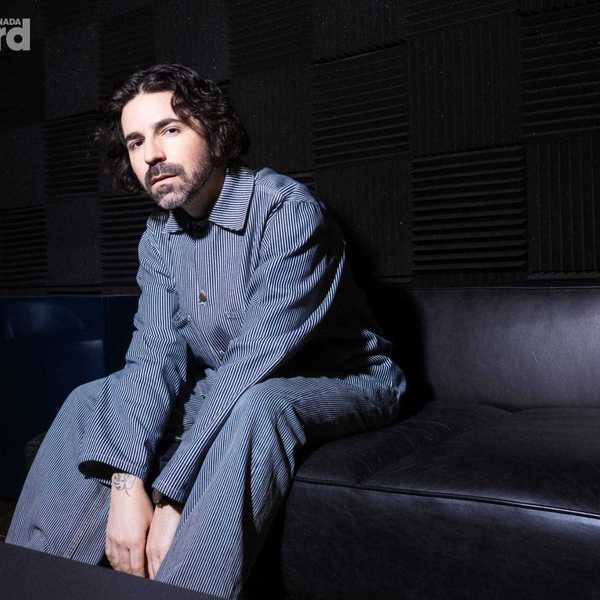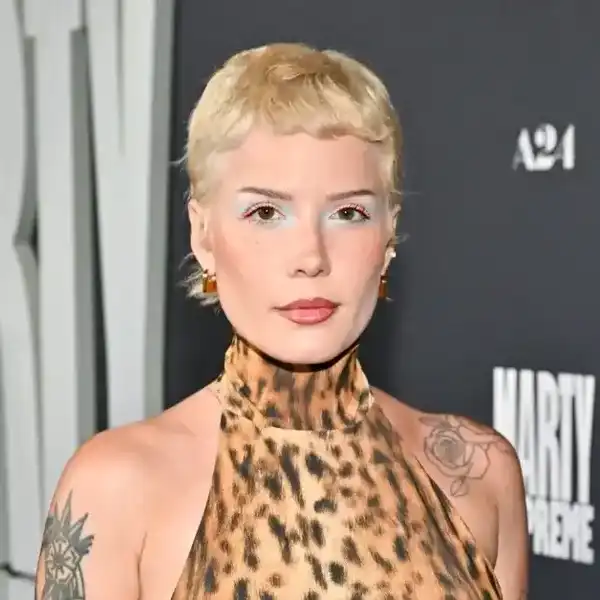Five Questions With… JW-Jones
The award-winning Ottawa bluesman has released Sonic Departures, his most ambitious album to date. Here he talks about its mandate, the challenge of recording during a pandemic, his big win at the International Blues Challenge this year, and future plans.

By Jason Schneider
After being named Best Guitarist at the 2020 International Blues Challenge in Memphis, Ottawa blues artist JW-Jones has released Sonic Departures, his most ambitious album to date, featuring a 17-piece band with a 13-piece horn section from Texas. Produced by Eric Eggleston at Ottawa’s Johnny Hall Productions, the album is a mix of originals and blues/soul classics with focus placed squarely on capturing live performances.
Perhaps not surprisingly, that approach follows the success of Jones’s last release, 2018’s LIVE, which showcased his widely praised chops in front of a supportive crowd in Aylmer, Quebec, and went on to earn an Independent Blues Awards nomination for Live Album of the Year.
Sonic Departures opens a new chapter for Jones, although his commitment to carrying on blues traditions remains unshakable. Find out more at jw-jones.com.
The title of your new album Sonic Departures pretty much lays out that you wanted to experiment with this record. What were some of your main inspirations?
What I love about the title Sonic Departures is that it can mean a few different things. Sonically, this album literally has more instruments playing at one time than anything I’ve ever recorded. The other departure for me was working with Eric Eggleston to create loops with existing parts--pieces of horn lines, drum parts, bass lines, and creating what could almost be considered a song within a song as the intros to Blue Jean Jacket and Snatchin’ It Back. A big inspiration for this is the tune Watermelon Man by Herbie Hancock, which builds one part at a time until they all mesh together to create one of the most infectious grooves of all time. You just can’t match that level of coolness, but we took a page out of Herbie’s book when it comes to those production values.
How challenging was it to put this album together in the midst of the pandemic?
Initially, we were working with raw tracks that were recorded late last year and the goal was to make a four-song EP. When the pandemic hit, Eric and I were loving the sounds so much that we wanted to make use of the time that had been afforded to both of us. The challenge for me was learning how to use new hardware and technology to record my own vocals, and then putting the producer hat on to record my wife Brit’s vocal parts, and even my 15-month-old daughter who’s voice ended up being sampled on Snatchin' It Back. Bassist Jacob Clarke, drummer Will Laurin, and Jesse Whiteley on keys all recorded additional parts during the lockdown as well, so we were all learning new skills. Eric would share his screen and audio over the Internet so that I was seeing and hearing it all in real-time. There’s nothing like producing an entire record while never having to change out of your pyjamas!
You do two of my favourites on this record, Drowning On Dry Land and Things That I Used To Do. How do you generally approach covering classic songs like those?
It really depends on the song. For Things That I Used To Do, I just love the simplicity of it. The horns play the same line the entire song, the drums and bass just play it as simple as can be, while the piano and guitar add very sparse riffs between vocals. I didn’t feel the need to mess with the beauty in that simplicity, and just wanted to “do it right” so to speak. I purposely held back on the guitar solo so that it matched the band and didn’t take off into a whole other place that wasn’t necessary.
We wanted to bring something original and inspired to Drownin’ On Dry Land, so I just said to the horn section, “whoever wants to solo, let’s just all solo together and see what happens.” When you’re playing with pros like that, everyone knows that the most important part is listening. You’ll hear me playing guitar lines that are similar to what a trumpet played right before me, and you’ll hear the horns working off each other, and how it becomes a sort of organized chaos. Every time I listen to the ending solo section of that tune, I hear something new, which is special to me. It was recorded in the first and only take because if we rehearsed it, it would take all the magic out. What you’re hearing there is a seriously inspired performance, and it just doesn’t get any cooler than that in my books.
You were named Best Guitarist at the International Blues Challenge this year. What was your reaction to that?
You just never know with these things, so I can’t say I saw that coming! That was with my other project, HOROJO Trio, and we went to Memphis and just did our thing. The main singer in that band, Jeff Rogers—who also plays keyboard—and drummer Jamie Holmes are really incredible players, and we have a great sound together. We were focused on being the best we could be and not getting caught up in “what the judges might want to hear.” It was an honour to represent the Ottawa Blues Society and Canada as a whole.
How have you adapted to engaging with your audience over the past few months, and have you started making plans for 2021?
In March and April I did a few live-stream concerts, which was a really nice way of connecting. It felt great to know that I was able to bring some joy to people during a challenging time. Fans were tipping their favourite musicians to keep them afloat as well, which was appreciated by so many of us. By the time spring had sprung, it was full-time focus on final touches to release Sonic Departures. Almost all of my dates with both my touring band as well as HOROJO Trio were moved to 2021, so it’s not a complete loss, more like just putting everything on hold for 12 months. I hope things pick up again once there is a vaccine for Covid-19, and that we haven’t lost too many live music venues. Only time will tell, but I am hopeful that people need music as much as musicians need to play it.

















